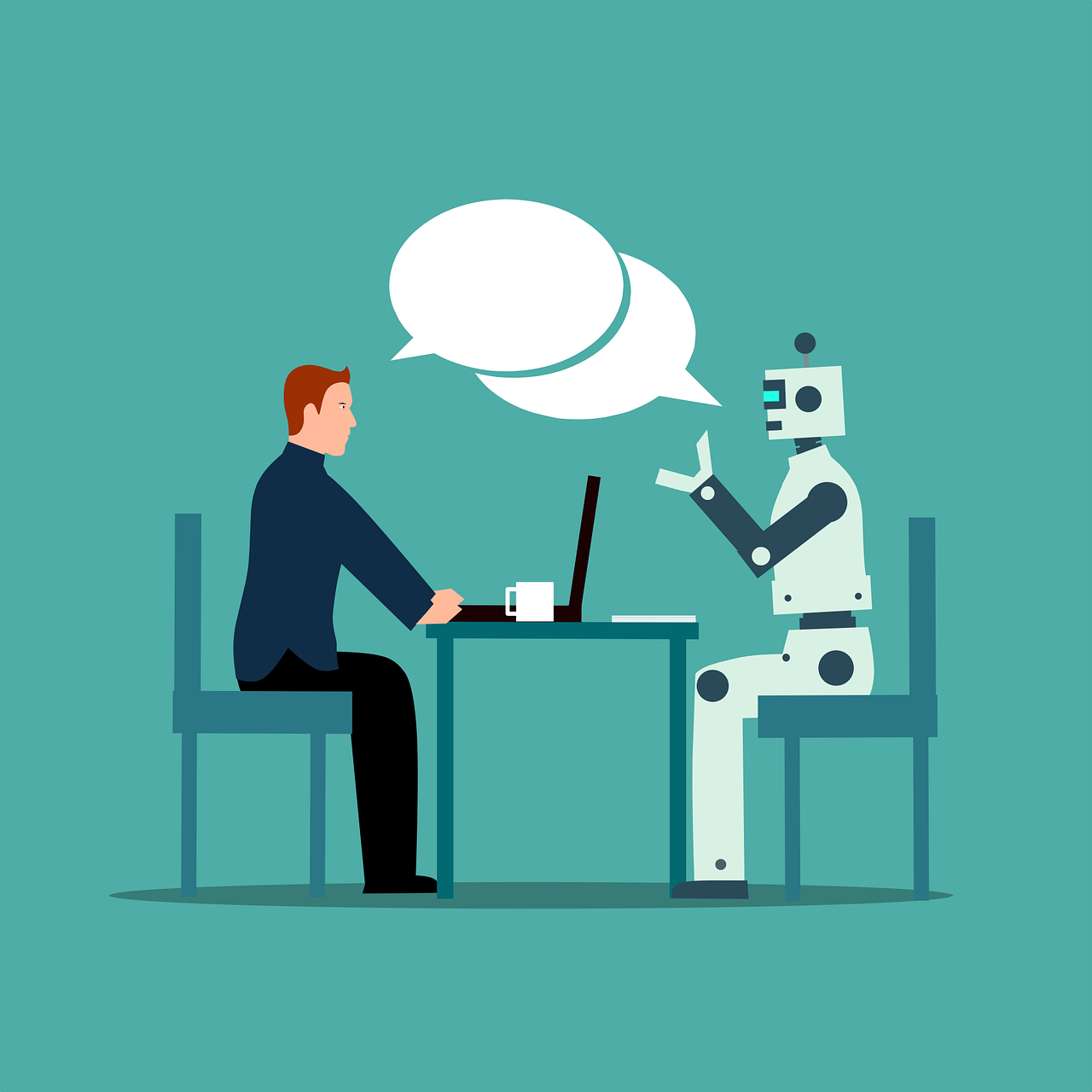Artificial Intelligence (AI) is no longer a futuristic concept. It has rapidly become an integral part of our daily lives, revolutionizing how we work, interact, and even think. But what exactly is AI, and how is it changing the world around us?
In this article, we’ll explore the definition of AI, its key types, and the transformative ways it is impacting industries, economies, and societies. Let’s dive in.
What Is Artificial Intelligence?
Artificial Intelligence refers to the simulation of human intelligence in machines that are programmed to think, learn, and make decisions. In simple terms, AI enables computers and systems to perform tasks that would normally require human intelligence.
These tasks include recognizing speech, understanding natural language, solving problems, analyzing data, and even exhibiting creativity. AI systems can improve themselves over time by learning from data — a capability known as machine learning.
There are two main categories of AI:
Narrow AI (Weak AI): Designed for specific tasks, such as voice assistants like Siri or recommendation systems on Netflix.
General AI (Strong AI): A theoretical form of AI that can understand, learn, and apply knowledge across a wide range of tasks — much like a human being.
While we’ve only achieved narrow AI so far, its applications are already far-reaching.

How AI Is Transforming the World
1. Revolutionizing Industries
AI is transforming entire industries by increasing efficiency, reducing costs, and enabling innovations never before possible.
Healthcare
In the healthcare sector, AI assists in diagnosing diseases, predicting patient outcomes, and personalizing treatment plans. For instance, IBM’s Watson can analyze vast amounts of medical literature and patient data to help doctors make faster, more accurate diagnoses. AI-powered robots are also performing surgeries with incredible precision.
Finance
In the world of finance, AI is used for fraud detection, credit scoring, and algorithmic trading. Machine learning models analyze thousands of financial transactions in real time to detect suspicious activities and prevent fraud, which protects both banks and consumers.
Retail
Retail companies leverage AI for inventory management, customer behavior analysis, and personalized shopping experiences. Amazon and other e-commerce platforms use AI algorithms to suggest products tailored to individual preferences, improving both sales and customer satisfaction.
2. Enhancing Daily Life
AI isn’t just for big corporations — it’s already making everyday life more convenient for individuals.
Voice assistants like Google Assistant and Alexa help us set reminders, answer questions, and control smart home devices.
Navigation apps like Google Maps use AI to analyze traffic data and suggest the fastest routes.
Streaming services such as Spotify or YouTube recommend content based on your behavior and preferences, thanks to AI algorithms.
These seemingly small conveniences add up to a significantly more efficient and personalized lifestyle.
3. Transforming Education
AI is also making waves in education by enabling adaptive learning platforms that cater to each student’s unique pace and style. Tools like Khan Academy and Duolingo use AI to adjust lesson difficulty and recommend resources based on a learner’s progress.
Moreover, AI-driven tutoring systems can provide instant feedback and identify learning gaps, allowing teachers to focus on areas where students need the most help. In developing countries, AI-powered tools are helping bridge educational disparities by providing access to quality learning resources online.
4. Accelerating Scientific Research
AI is accelerating breakthroughs in fields like climate science, biotechnology, and astronomy. By processing enormous datasets quickly and accurately, AI helps scientists identify patterns and make discoveries faster.
One notable example is DeepMind’s AlphaFold, which can predict protein structures — a milestone that may lead to new treatments for diseases like Alzheimer’s and Parkinson’s. AI is also used in climate modeling to simulate weather patterns and assess the impact of global warming.
Ethical Concerns and Challenges
While the potential of AI is vast, it also raises critical ethical and societal concerns.
Job displacement: Automation may replace certain jobs, especially in manufacturing, transportation, and administrative sectors. Preparing the workforce for this transition through reskilling and upskilling is essential.
Bias and fairness: If AI systems are trained on biased data, they may perpetuate or even amplify existing inequalities.
Privacy: With AI collecting and analyzing personal data, concerns about digital surveillance and data misuse are growing.
Therefore, ethical AI development — guided by transparency, accountability, and fairness — is crucial for ensuring long-term benefits.
Organizations like the OECD have published AI principles to help governments and companies create responsible AI policies.
The Future of AI
The future of AI holds enormous promise. Emerging trends such as generative AI, AI-powered robotics, and natural language processing are already reshaping creative industries and human-computer interaction.
As AI continues to evolve, it’s vital that society navigates its development thoughtfully. Governments, businesses, and individuals must work together to ensure that AI benefits everyone — not just a select few.
Final Thoughts
Artificial Intelligence is not just a technological trend; it’s a fundamental shift in how we live and work. From improving healthcare and education to transforming industries and advancing science, AI is truly changing the world.
Understanding its capabilities, challenges, and potential is the first step toward harnessing its power for good. As we move forward, embracing ethical and inclusive AI development will be key to creating a better, smarter future for all.
